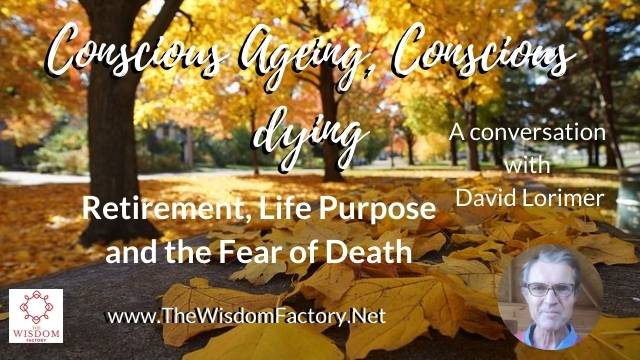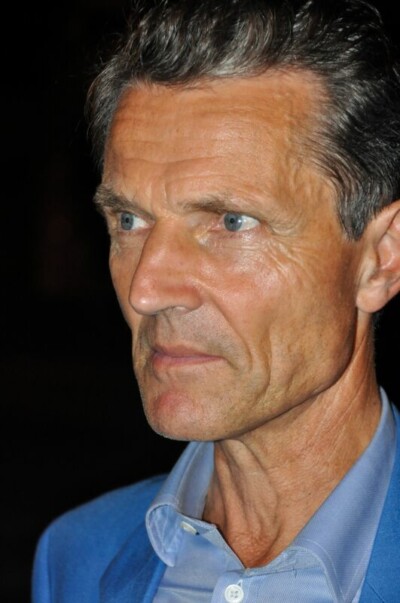
Retirement, Life Purpose and the Fear of Death
with David Lorimer

HEIDI´S INTRO
I get a lot of newsletters from people or organisations which had attracted me for some reason in the past. Having only 24 hours a day to fill with interesting stuff, I usually scroll through the flood of invitations – until a topic or a speaker attracts my attention and I inquire further.
One of these occasions was the panel discussion about death, featuring Marilyn Schlitz and others, which was led by David Lorimer. Planning my mini-series about death for November I contacted the organisation and was referred to David who graciously sent me the preprint of his newest book where a whole chapter is dedicated to death. And he sent me invitations to other events about completely different topics, one of which I refer tto in our recorded conversation about death and dying: the movie about fungi and the conversation with Merlin Sheldrake about his research on fungi – where among others, the huge benefit of “magic mushrooms” for treating stress, depression and the fear of death were discussed. A really fascinating topic!
I invited David to a conversation about death, the fear of death, the cultural attitude about death and dying and how much our avoidance of talking about this topic influences our lives, especially in the present time where “the Virus” is dominating our personal and social life to an unbelievable degree.
Read my introductory article to the topic HERE
ABOUT DAVID LORIMER
David Lorimer, MA, PGCE, FRSA is a writer, lecturer, poet and editor who is a Founder of Character Education Scotland, Programme Director of the Scientific and Medical Network (www.scimednet.org) and former President of Wrekin Trust and the Swedenborg Society (www.swedenborgsociety.org.uk). He has also been editor of Paradigm Explorer since 1986 and completed his 100th issue in 2019. He was the instigator of the Beyond the Brain conference series in 1995 (www.beyondthebrain.org) and has co-ordinated the Mystics and Scientists conferences every year since the late 1980s.





Leave A Comment